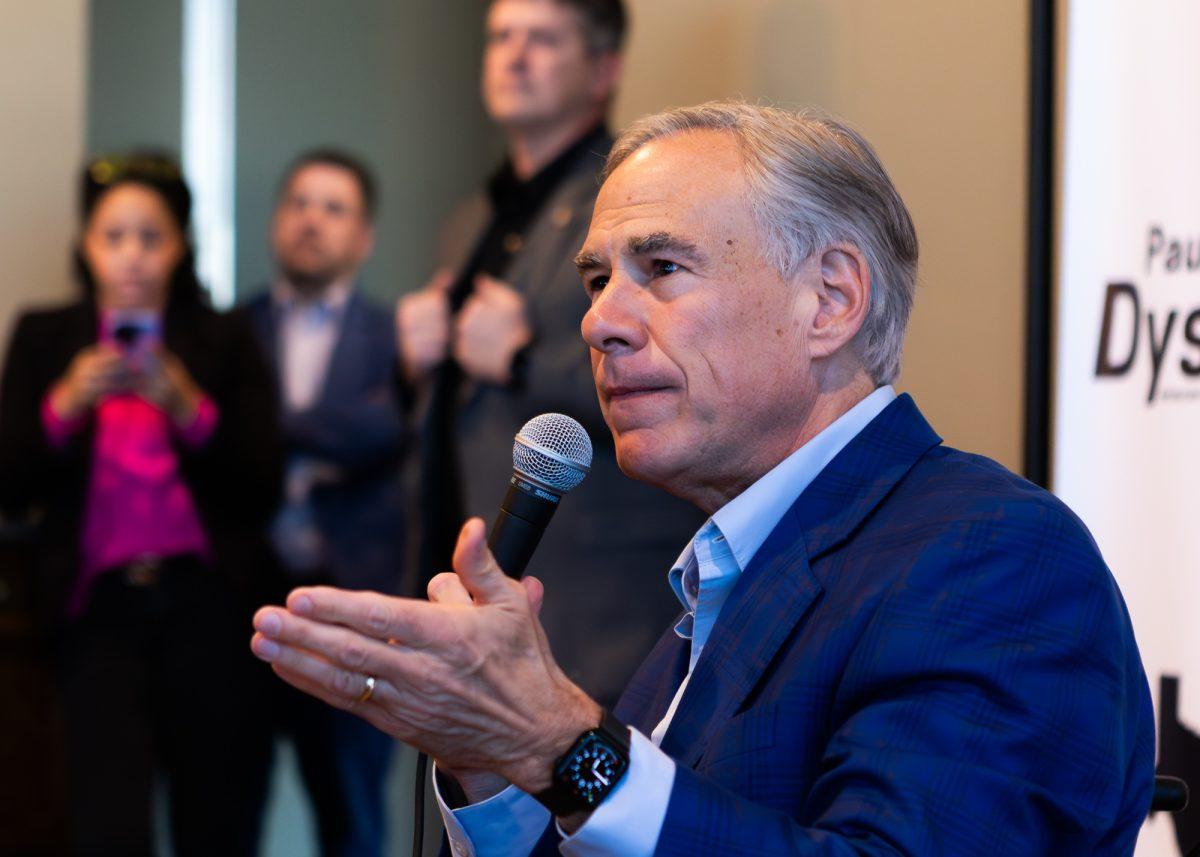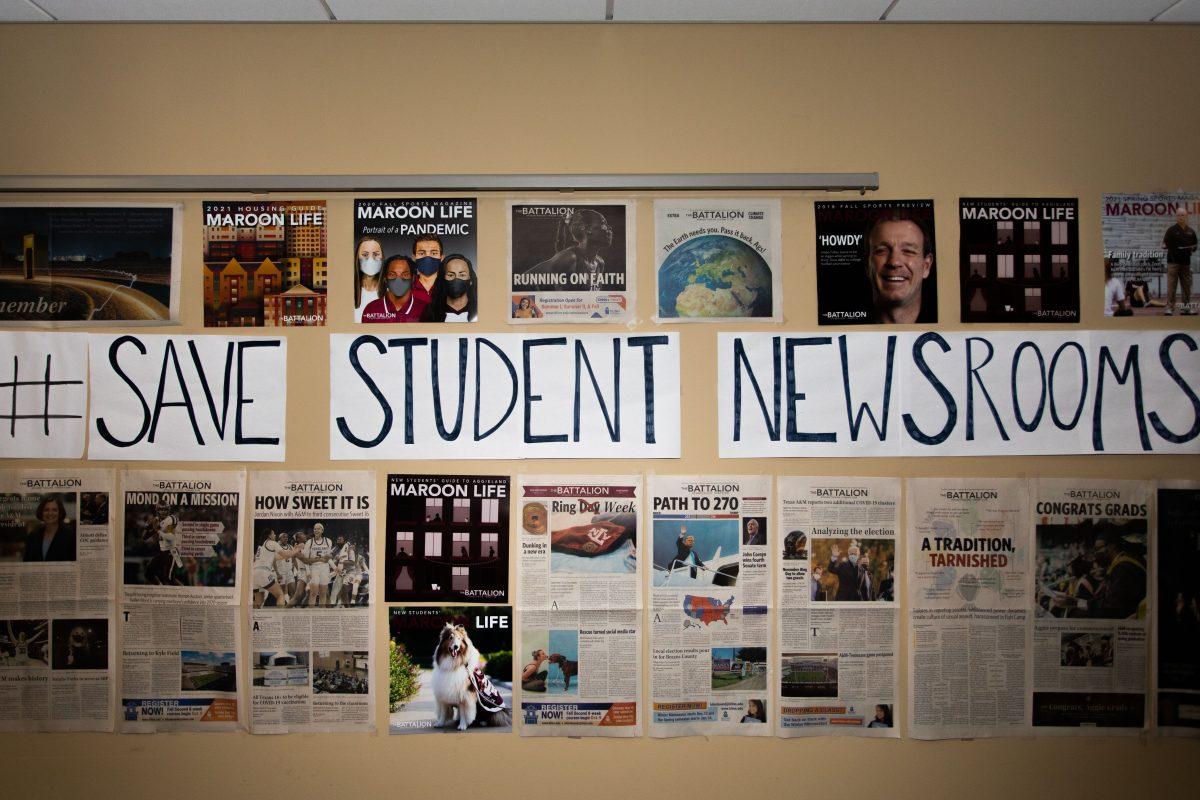Michael Groth, senior editor at Deutschlandradio (German National Radio) discussed issues pertaining to the European Union, including the immigration crisis, the rise of terrorism and governments of member countries Tuesday.
Groth’s lecture, called “Riddled by Crises — Old and New Challenges for the European Union,” focused on the rise of nationalism in several integral countries in the EU, such as France and Germany and the effect upcoming elections will have on the organization.
According to Groth, negotiation between member countries on issues such as the refugee crisis and the economy is becoming progressively difficult due to increasing polarization.
“There is a division between northern states (Baltics and Germany) who want strict, tight budgets and southern countries — such as Italy, Spain and Greece — who believe in social measures to pull countries economically forward,” Groth said. “It becomes a problem for the richer European states if they have to pay for these countries.”
Groth said the biggest event this upcoming year will be the French elections where nationalist Marie Le Pen has a high chance of winning. She has discussed removing France from the EU, which would be detrimental to the organization as it could not survive without France, Groth said.
“She is a smooth politician,” Groth said. “She has discussed the main worries of the people, which are security and economy.”
Germany, on the other hand, continues to be an economic leader. While the AfD party — a German right-wing nationalist party — is getting more votes, Groth believes Angela Merkel will be re-elected for a fourth term during the elections in Sept. 2017.
“She shows sincerity and stability,” Groth said. “She has developed into the role of one of the most important politicians. In the current atmosphere, there needs to be an experienced person in office.”
In regards to the United States, Groth expressed concern about the actions of President Donald Trump, namely his administration’s push for heavy import taxes on other countries, affecting not only the EU but the world in general. However, Groth said many of the European countries do not import from the United States, so the effects of such taxes will not be as powerful as these countries will seek other trading partners such as China or Japan.
“I think Trump would like to deal with individual nations than with the EU, so the challenge is for him to put rift in the EU itself,” Groth said.
Guy D. Whitten, Director of the A&M EU Center said the seminar responded to the need for greater public education about current international affairs.
“We want to get people informed and interested in what’s going on in Europe as it is a very interesting and complex time,” Whitten said. “We’re bringing speakers from a wide range of backgrounds and perspectives to try to get people to form a picture of what’s going on.”
Business junior Mary Harvey said he enjoyed the lecture and found Groth’s information interesting to hear about, especially as it related to the future of the EU.
“The lecture was very informative,” Harvey said. “It wasn’t very reassuring, but it was good to hear the news.”
Groth highlighted what he sees as a shaky future for the EU, but said hope will remain as long as countries and people keep communicating.
“I hope students realize it is important to listen to each other, to find ways to work with each other and to find a common language that crosses borders,” Groth said.
Senior editor at German National Radio talks Europe in the 21st century
February 21, 2017
0
Donate to The Battalion
$0
$5000
Contributed
Our Goal
Your donation will support the student journalists of Texas A&M University - College Station. Your contribution will allow us to purchase equipment and cover our annual website hosting costs, in addition to paying freelance staffers for their work, travel costs for coverage and more!
More to Discover








